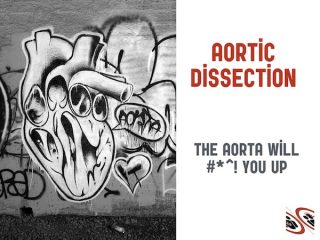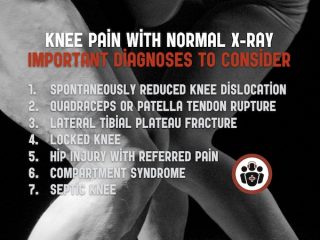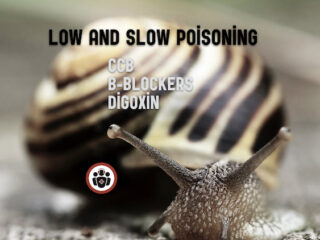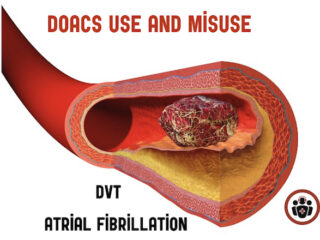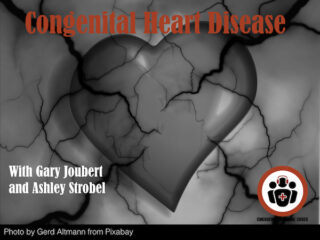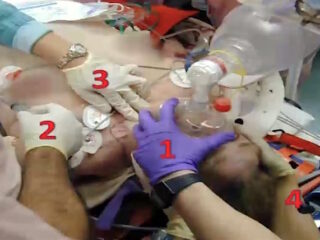EM Cases Main Episodes are round table in-depth discussions with 2 or more EM Cases guest experts, inherently peer reviewed, and edited for a podcast.
Episode 92 – Aortic Dissection Live from The EM Cases Course
While missing aortic dissection was considered "the standard" in the late 20th century, our understanding of the clinical diagnoses has improved considerably since the landmark International Registry of Aortic Dissection (IRAD) study in 2000. Nonetheless, aortic dissection remains difficult to diagnosis with 1 in 6 being missed at the initial ED visit. With the help of Dr. David Carr we’ll discuss how to pick up atypical presentations of aortic dissection without over-imaging as well as manage them like pros by reviewing: 1. The 5 Pain Pearls, 2. The concepts of CP +1 and 1+ CP, 3. Physical exam pearls, 4. CXR pearls and blood test pitfalls, and 5. The importance of the correct order and aggressive use of IV medications. So with these objectives in mind…

